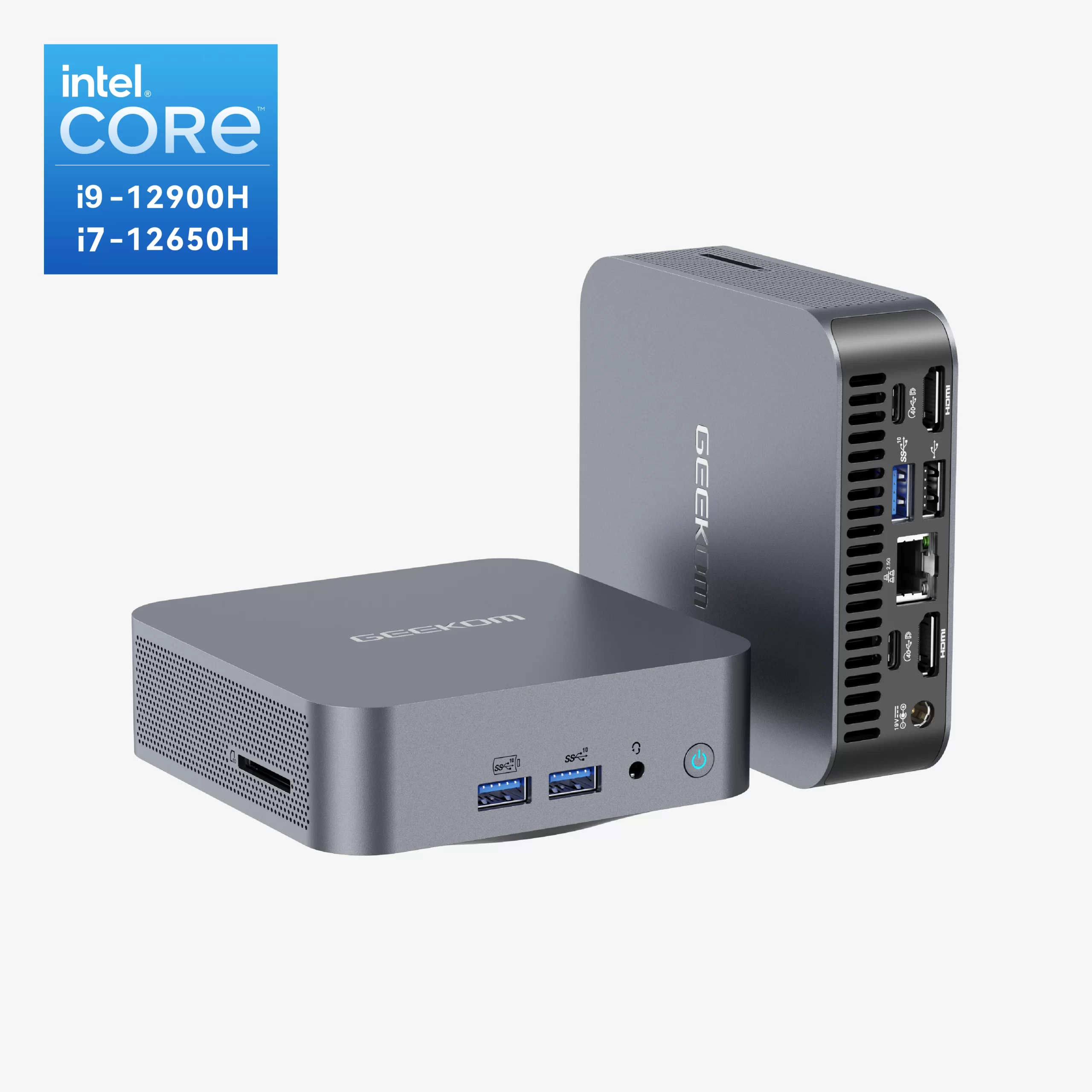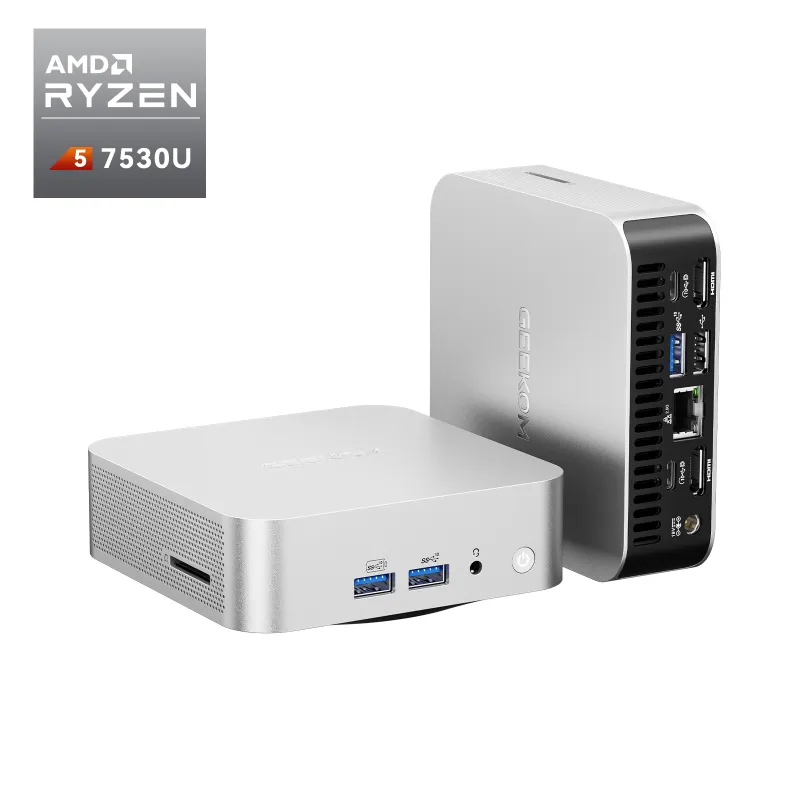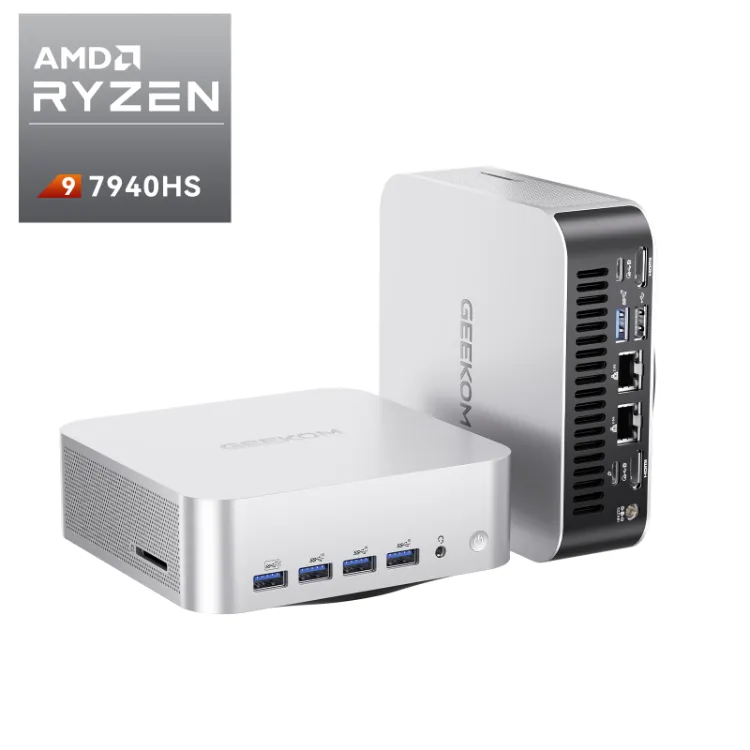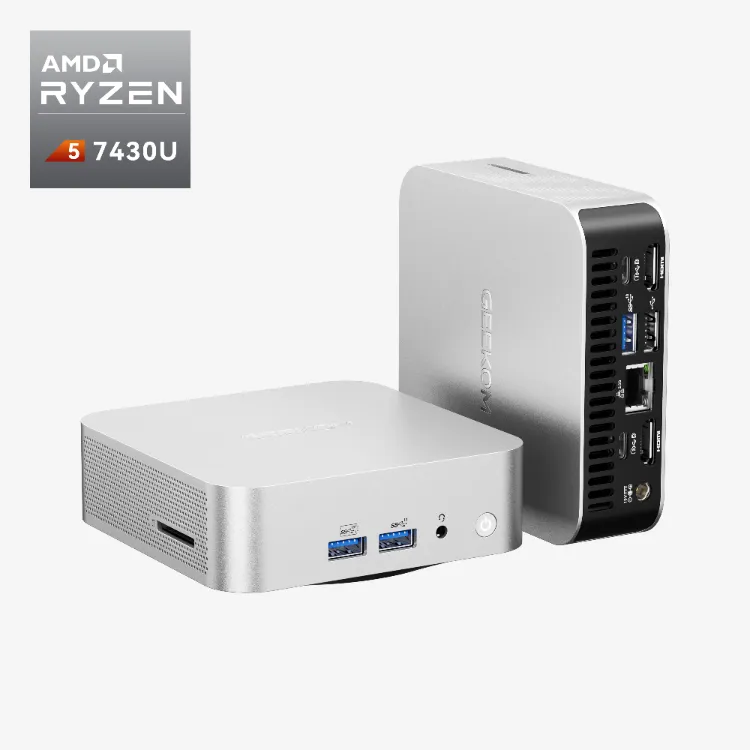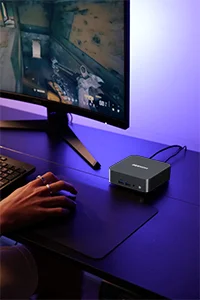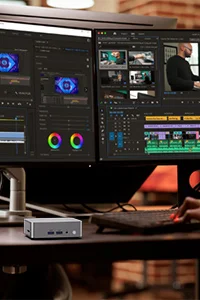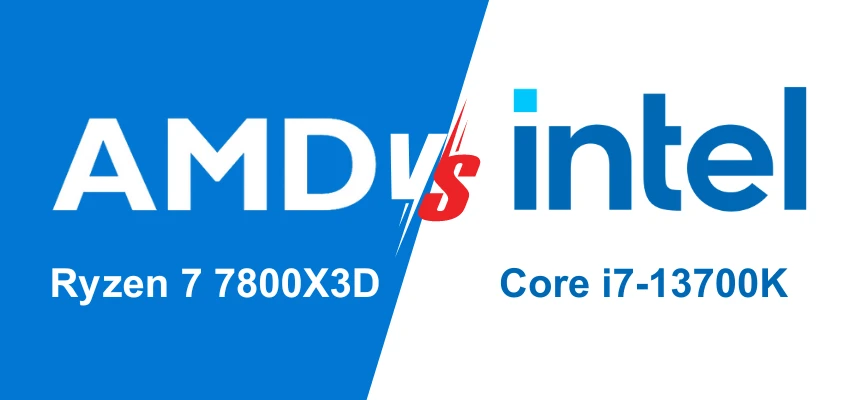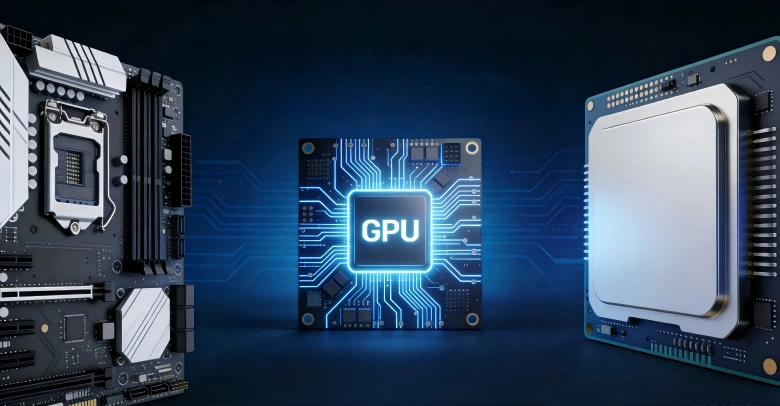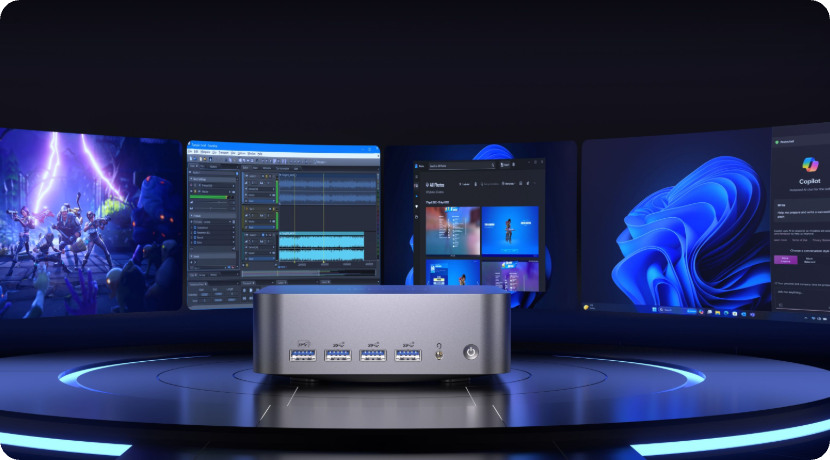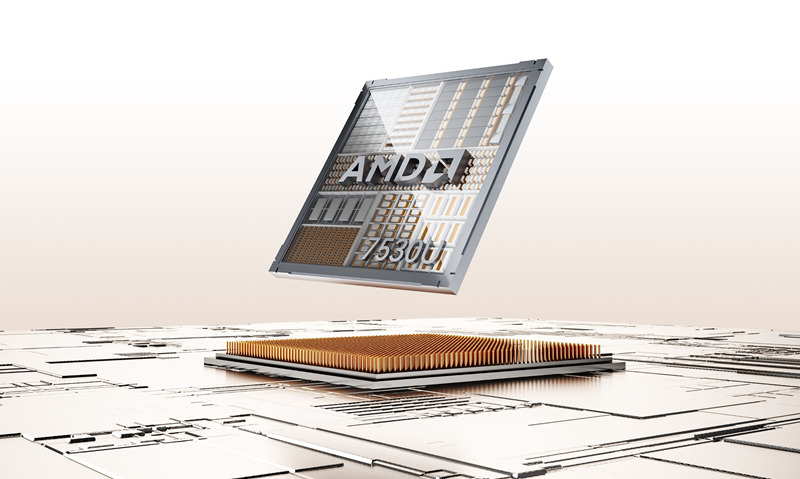The AMD Ryzen 7 7800X3D and Intel Core i7-13700K are both high-performance desktop processors designed for gaming, content creation, and other demanding tasks. Here’s a detailed comparison to help you understand how these CPUs stack up against each other across various parameters and use cases.
Key Parameter Comparison
| Parameter | AMD Ryzen 7 7800X3D | Intel Core i7-13700K |
| Architecture | Zen 4 (3D V-Cache) | Raptor Lake |
| Cores/Threads | 8 cores / 16 threads | 16 cores / 24 threads |
| Core Configuration | 8 Performance cores | 8 Performance cores, 8 Efficiency cores |
| Base Clock | 4.2 GHz | 3.4 GHz (P-cores), 2.5 GHz (E-cores) |
| Boost Clock | Up to 5.0 GHz | Up to 5.4 GHz (P-cores) |
| Cache | 96MB L3 (3D V-Cache) | 30MB L3 |
| TDP | 120W | 125W (Base) / 253W (Max Turbo) |
| Integrated Graphics | None | Intel UHD Graphics 770 |
| Manufacturing Process | 5nm | Intel 7 (10nm) |
| Release Date | April 2023 | October 2022 |
Performance Score Comparisons
| Benchmark | AMD Ryzen 7 7800X3D | Intel Core i7-13700K |
| Cinebench R23 (Multi-Core) | ~20,000 – 21,000 | ~27,000 – 28,000 |
| Cinebench R23 (Single-Core) | ~1,900 – 2,000 | ~2,000 – 2,100 |
| Geekbench 5 (Multi-Core) | ~15,500 – 16,500 | ~18,500 – 19,500 |
| Geekbench 5 (Single-Core) | ~2,200 – 2,300 | ~2,300 – 2,400 |
| 3DMark Time Spy CPU Score | ~13,000 – 14,000 | ~15,500 – 16,500 |
| PassMark CPU Mark | ~45,000 – 47,000 | ~48,000 – 50,000 |
| Blender BMW (Render Time) | ~160 – 170 seconds | ~130 – 140 seconds |
| PCMark 10 | ~8,500 – 9,000 | ~9,500 – 10,000 |
Core Difference and Use Case Analysis
- Ryzen 7 7800X3D:
- 8 Performance cores: All cores are high-performance, optimized with AMD’s 3D V-Cache technology, which significantly enhances gaming performance and cache-intensive tasks.
- Core i7-13700K:
- Hybrid architecture: Features 8 Performance cores and 8 Efficiency cores, allowing for superior multitasking and better performance in multi-threaded applications such as rendering and heavy computational tasks.
Gaming
- Ryzen 7 7800X3D: This processor is designed with gaming in mind, particularly with its 3D V-Cache technology, which significantly boosts performance in games that are cache-sensitive. It’s likely to outperform the i7-13700K in many gaming scenarios, especially at higher resolutions where the cache size plays a critical role.
- Core i7-13700K: While also a strong performer in gaming, the i7-13700K might lag slightly behind the 7800X3D in games that benefit from a larger cache. However, it still offers excellent gaming performance, particularly when paired with a high-end GPU.
Video Rendering and Multitasking
- Ryzen 7 7800X3D: While capable of handling multi-threaded tasks, it may not perform as well as the i7-13700K in heavily threaded applications due to having fewer cores and threads. However, the large cache helps in specific workloads.
- Core i7-13700K: With 16 cores and 24 threads (including 8 Efficiency cores), it excels in multi-threaded workloads like video rendering, 3D modeling, and heavy multitasking. The hybrid architecture allows efficient distribution of workloads across Performance and Efficiency cores.
Power Efficiency & Thermal Management
- Ryzen 7 7800X3D: With a TDP of 120W, it is relatively power-efficient for a high-performance desktop CPU, especially considering the boost in gaming performance thanks to the 3D V-Cache. It tends to run cooler and may be easier to manage thermally.
- Core i7-13700K: Consumes more power, especially under load (up to 253W), which could lead to higher temperatures and require more robust cooling solutions. However, this power consumption allows for higher performance in multi-core tasks.
Integrated Graphics
- Ryzen 7 7800X3D: Lacks integrated graphics, so a discrete GPU is required. This is typically not an issue for gaming or high-performance desktop builds, where a dedicated GPU is expected.
- Core i7-13700K: Comes with Intel UHD Graphics 770, which is sufficient for basic tasks and troubleshooting but not intended for serious gaming or graphics-intensive work.
Advantages Based on Use Cases
Choose Ryzen 7 7800X3D if:
- Gaming is your primary focus, and you want the best performance in cache-intensive games.
- You value power efficiency and prefer a CPU that runs cooler, especially in gaming-focused builds.
- You do not need integrated graphics and plan to use a dedicated GPU.
Choose Core i7-13700K if:
- You need superior multi-core performance for tasks like video editing, 3D rendering, or heavy multitasking.
- You appreciate the flexibility of a hybrid architecture for efficient task management.
- Integrated graphics are a bonus for troubleshooting or light tasks, and you prefer having them as a backup.
Want to know more? Here you can find what you want: Ryzen 7 vs I7
Conclusion
- AMD Ryzen 7 7800X3D: This CPU is a top choice for gamers, thanks to its 3D V-Cache technology, which delivers exceptional performance in gaming scenarios. It also offers good power efficiency and thermal management, making it ideal for gaming-centric builds.
- Intel Core i7-13700K: Offers better performance in multi-threaded applications due to its higher core and thread count. It’s versatile, with a strong balance between gaming and productivity tasks, making it a great choice for users who need a powerful all-around CPU.







